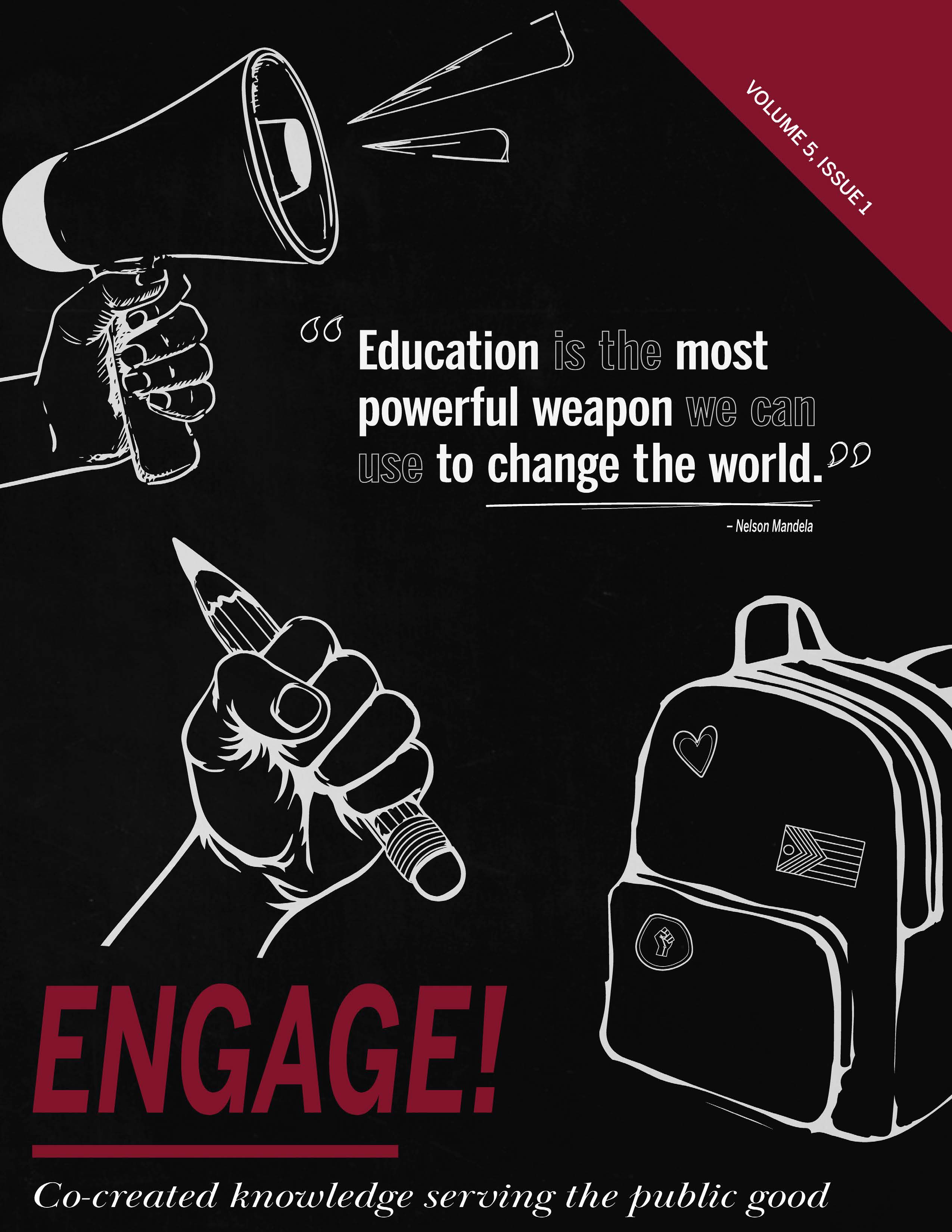Our Language Belongs in Our Learning
A Culturally Responsive Approach to Improving Literacy Rates in West Philadelphia
DOI:
https://doi.org/10.18060/26531Keywords:
African American Vernacular English (AAVE), Culturally Responsive Teaching, Mainstream American English (MAE), Problem-Solving Learning, The Achievement GapAbstract
Millions of Black Americans speak a version of English not reflected in the American education system. This version of English—African American Vernacular English—is rule-governed, oral, and systematically different from the “standard” form of English (referred to as Mainstream American English from hereon) used in academic spaces. Though many young Black students enter the education system knowing African American Vernacular English, classroom instruction occurs in Mainstream American English. Black students are instructed in a language that is radically different from the one they use at home yet are expected to perform at levels similar to those of students who already speak mainstream English. This expectation contributes to the achievement gap, wherein Black students, on average, perform at lower levels than white students on evaluations in education.
This research, as a community-centered attempt to examine differences in literacy and achievement rates between Black and white students in America, seeks to address the achievement gap in two West Philadelphia elementary schools by leveraging the University of Pennsylvania’s resources. This paper describes my problem-solving learning research, using the Penn Reading Initiative as a vehicle for change in order to support students’ cultural and sociolinguistic backgrounds in the classroom, ideally improving literacy rates through culturally responsive pedagogy. This article lays out the problem of dialectical miscomprehension and details a solution developed alongside community members in West Philadelphia. This article also reflects on the progress made in the two years since the original research took place. It highlights the development of the Netter Center’s Professional Development Associates team and the Anti-Racism Working Group—both having been influenced by work done in this problem-solving learning framework.
Downloads
Published
Issue
Section
License
Copyright (c) 2023 Luke Coleman

This work is licensed under a Creative Commons Attribution-NonCommercial 4.0 International License.

